


Will Israel go to war in the coming months?
Written By: Prof. Tamar Hermann, Prof. Ephraim Yaar
The monthly Peace Index of the Israel Democracy Institute and Tel Aviv University, published today, finds that the Israeli public split on prospect of war in the coming months

Proposed Conversion Law
Written By: Prof. Yedidia Z. Stern
Prof. Yedidia Stern, Vice President of the Israel Democracy Institution said that the proposed conversion law is an important step. The state must take responsibility and resolve the issues that affect so many lives
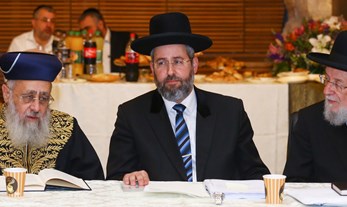
Preserving the Rabbinate’s monopoly over the kashrut market: the consumer will be the one to pay
The Israel Democracy Institute on the Ministry of Finance and Rabbinate's decision to preserve the Rabbinate’s monopoly over the kashrut market in Israel: the consumer will be the one to pay

Rabbinate’s criteria to recognize of rabbinical courts abroad - problematic
IDI on the Rabbinate’s publication on the recognition of rabbinical courts abroad: "A potential strategic blow to Israel’s connection with Diaspora Jewry and a serious operative problem for many Jews in Israel"
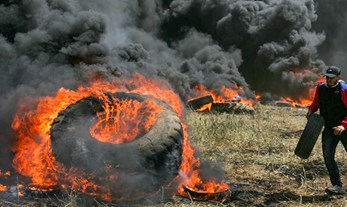
Analysis of Israel’s Supreme Court Decision Allowing Lethal Force in Gaza
Written By: Prof. Amichai Cohen
The case of Yesh Din vs. The Chief of the General Staff HCJ 3003/18
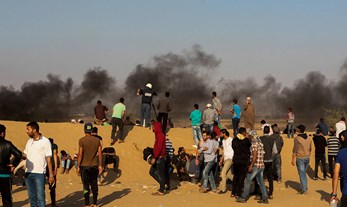
Supreme Court Dismisses a Petition Against Gaza Rules of Engagement
Written By: Prof. Yuval Shany, Elena Chachko
The Supreme Court of Israel recently dismissed a petition against the rules of engagement governing use of force by the Israeli security forces in the violent clashes in Gaza
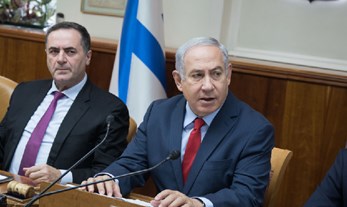
Bnei Brak and Washington
Written By: Prof. Yedidia Z. Stern
The government’s conduct and the public’s indifference have far-reaching implications – and not only from a utilitarian perspective. Diaspora Jewry’s economic, political and cultural contributions to the State of Israel are no longer guaranteed, but above all, the unity of the Jewish people around the globe as one nation is under threat
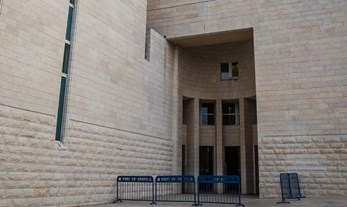
Q&A on the Override Clause
Israel Democracy Institute experts provide research, background and insight into WHY | WHO | HOW
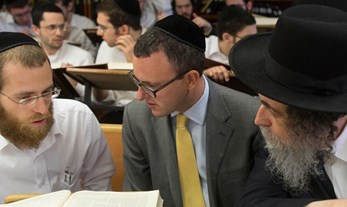
The Failures of the State Conversion System
Written By: Prof. Yedidia Z. Stern, Dr. Netanel Fisher
A new book from the Israel Democracy Institute
exposes the failures of the State conversion system over three decades
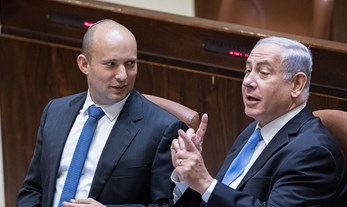
Who will be Overridden by the “Override Clause”?
Written By: Yohanan Plesner
The good news is that despite the unprecedented offensive which aims at dealing a significant blow to the Supreme Court, the majority of the Israelis still have trust in this institution. In fact, the levels of trust in the court are much greater than those of the Knesset and the Government
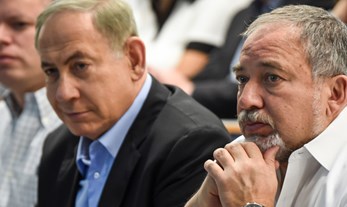
Who Can Declare War on Behalf of the Israeli People?
Written By: Prof. Amichai Cohen
Following the approval of the “Cabinet Law,” allowing the government to delegate its authority to declare war to the National Security Cabinet, IDI Senior Professor Prof. Amichai Cohen, and expert on national security law, contends that the bill addresses a critical issue but has been passed too hastily
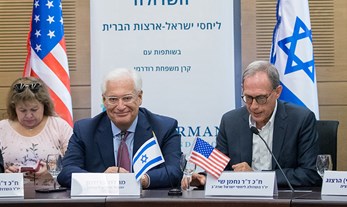
The Majority of the Israeli Public Believes Moving the US Embassy to Jerusalem is in Israel's Best Interests
Written By: Prof. Tamar Hermann, Prof. Ephraim Yaar
The Monthly Peace Index of the Israel Democracy Institute and Tel Aviv University published today, found that most Israeli Jews believe that transferring the US Embassy to Jerusalem, despite Palestinian protests, is in Israel’s best interests.
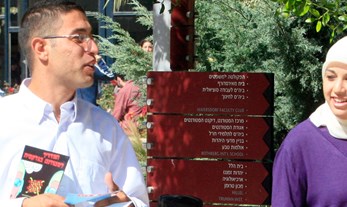
Israel’s High-Tech Industry Must Learn From Its Hospitals
Written By: Dr. Nasreen Haddad Haj-Yahya
The National Economic Council has repeatedly stated that the human capital potential of Arab society could be a significant source of economic growth, and is a resource that has not been developed.

Watch the Construction of the Democracy Pavilion in 60 Seconds
Ron Huldai, Mayor of Tel Aviv-Yafo Municipality: "The establishment of the Democracy Pavilion is an impressive demonstration of Israeli democracy. Only in a democratic society can freedom and tolerance co-exist. This is what allows the opposing sectors of Israeli society to live side by side." The Democracy Pavilion is located at the start of the Independence Trail in Tel Aviv and is open to the public free of charge.
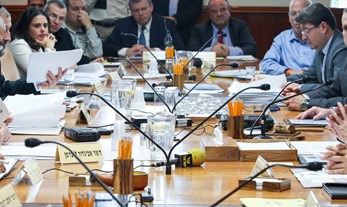
What is the Public’s Opinion on the Override Clause?
A special survey conducted by the Guttman Center for Public Opinion and Policy Research at the
Israel Democracy Institute finds: The majority of the Israeli public fears that implementation of the Override Clause by the Knesset will give unlimited power to politicians and lead to an increase in political corruption
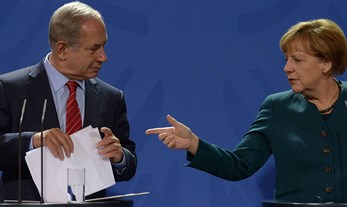
Invalidating Legislation: Is Israel an Anomaly?
Written By: Dr. Guy Lurie
Judiciary activism is neither easily defined nor easily measured. That said, it is important to clarify: Israel’s Supreme Court strikes down relatively few laws as compared with courts in other countries
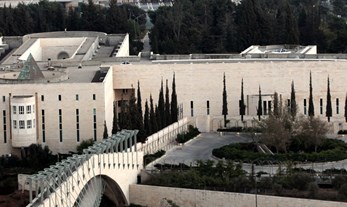
Government Ministers to Vote on Bill to Override Supreme Court Decisions
Written By: Lahav Harkov | Jerusalem Post
The Prime Minister is currently fighting to remove the Supreme Court's power to strike down Knesset legislation, thereby turning the last protector of human rights in Israel into merely an advisory board. He is even threatening elections over the issue.
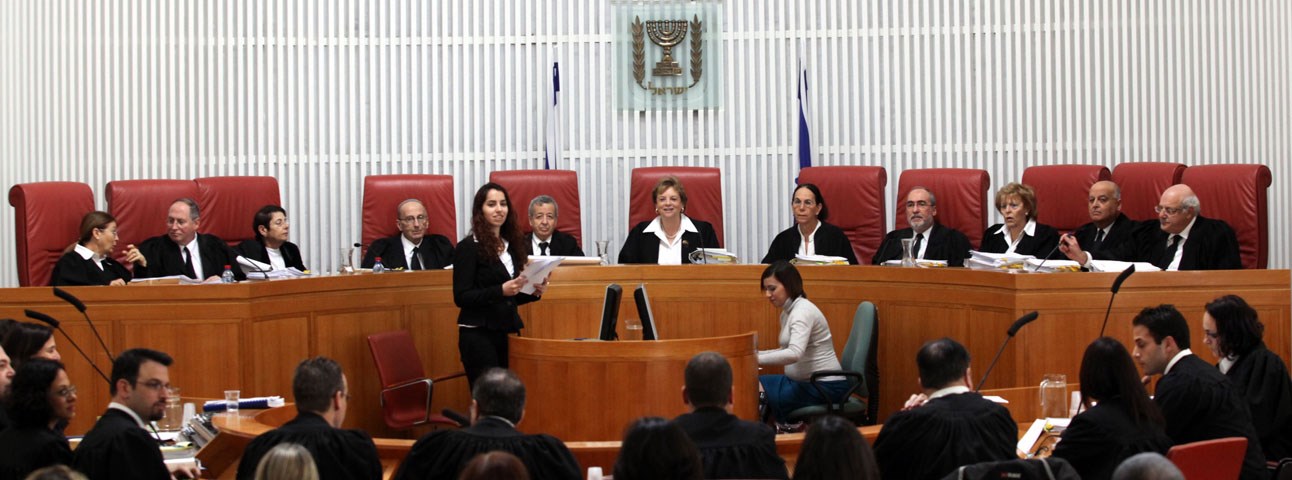
A Dishonorable Burial of the Constitutional Regime
Written By: Prof. Yedidia Z. Stern
The proposed amendment which will strip the Supreme Court of the power to invalidate legislation (“the British model”), or alternatively, would allow the Knesset, by a vote of 61 of its members to reinstate a law that the court has struck down (“the override clause”) pose a grave threat to every single Israeli citizen.
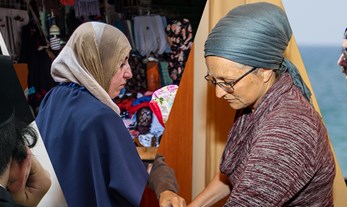
These Four Conflicting Visions Will Determine Israel’s Future
Written By: Prof. Yedidia Z. Stern
Israel is a success story on many levels — social, economic, scientific, and in terms of protecting its security. Nevertheless, many of its citizens see the country as treading water. What is the source of this dissonance?
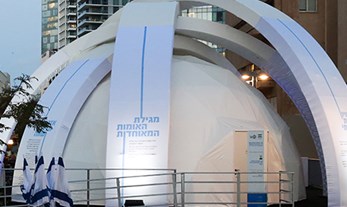
Come Visit the Democracy Pavilion
The Democracy Pavilion, a unique multi-media experience, in full 360 degree technology, showcasing the values embedded in Israel’s Declaration of Independence, is open to the public.
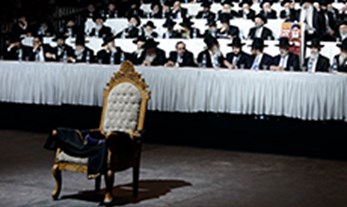
The End of the "Great Rabbis" (Gdolim) Era
Featuring two book launches: “Haredim A Guide to their Beliefs and Sectors” and “A Flock with No Shepherd: Shas Leadership the Day after Rabbi Ovadia Yosef”
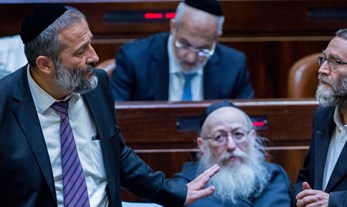
Time To Counter Charedi Parties On Jewish Character Of Israel
Written By: Dr. Shuki Friedman
No matter when they take place, the upcoming elections will have a decisive impact on the identity of the state if decision-makers and the general public continue to follow the ultra-Orthodox lead
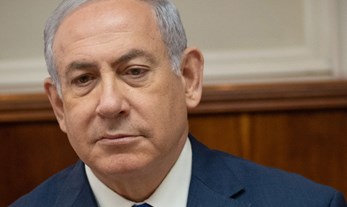
Netanyahu: Down, but Not Out
Written By: Yardena Schwartz
The Israeli prime minister faces many charges, yet his supporters remain behind him

The Democracy Pavilion
After months of preparation, we are proud to inaugurate, along with the Tel-Aviv-Yafo Municipality, the Democracy Pavilion, celebrating 70 years of Israel’s independence. A unique multi-media experience, in full 360-degree technology, showcasing the values embedded in Israel’s Declaration of Independence and the historic highlights of 70 years of independence.

Is Israel Justified In Shooting Protestors At Its Border?
Written By: Prof. Yuval Shany
Beyond the important political, humanitarian and moral issues raised by the “Great Return March” and the IDF’s response, complicated legal issues also present themselves.
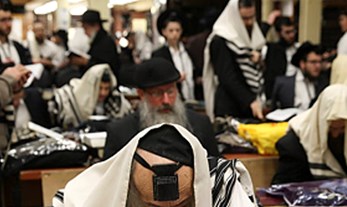
The Orthodox Are No Longer Repairing the World
Written By: Dr. Shuki Friedman
Rabbis outside the Reform and Conservative movements rarely deal with Jewish-values issues such as the asylum seekers and treatment of the Palestinians
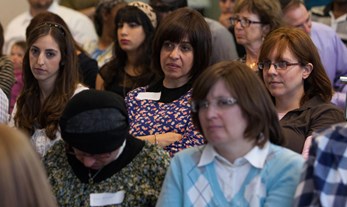
Integrating Women into Politics: Another Solution
Written By: Prof. Ofer Kenig, Dr. Chen Friedberg
The absolute exclusion of women from ultra-Orthodox parties keeps their specific interests from being addressed effectively in the public sphere.
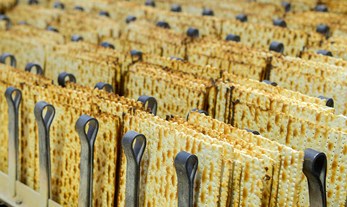
How Many Israelis Keep Kosher for Passover?
Written By: Prof. Tamar Hermann, Prof. Ephraim Yaar
A special update from the Peace Index by Tel Aviv University and the Israel Democracy Institute shows that that two-thirds of the Jews in Israel eat kosher for Passover outside the home and prepare the their house for the holiday - but 58% oppose the ban on cafes and restaurants from serving chametz (bread).

A Sting in 68 Likes
Written By: Dr. Rachel Aridor-Hershkovitz
When we use social networks, search engines or other online services on our computers or smartphones, we leave behind a long digital trail. The Facebook and Cambridge Analytica scandal should serve as a wake-up call to us all as to the implications.

Protecting our Privacy
Written By: Dr. Tehilla Shwartz Altshuler
The Cambridge Analytica scandal raises troubling questions about the colossal amount of personal data now available online. Dr. Tehilla Shwartz Altshuler says that states must take more aggressive action to protect individual privacy and prevent private entities from hijacking elections.

